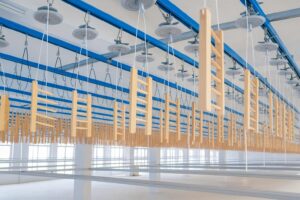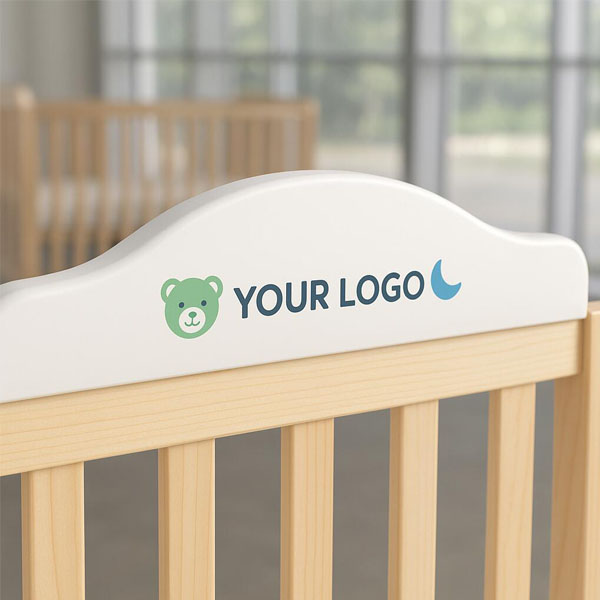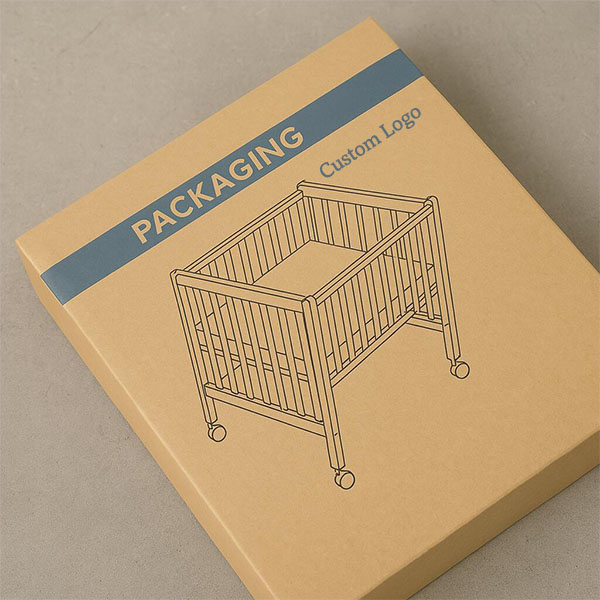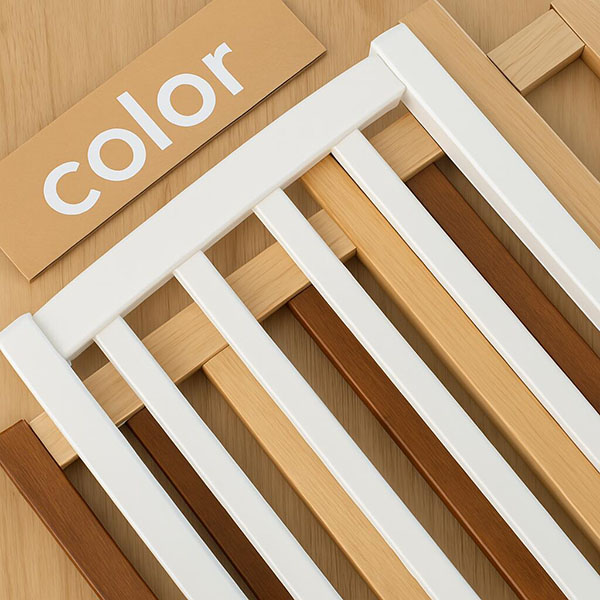How to Choose the Perfect Crib?
New parents face countless choices when buying a crib. Safety, durability, and design all matter, but making the wrong decision can be costly and stressful. How do you choose the right one?
The best crib meets safety standards, uses non-toxic materials, and suits your space. Look for certifications like ASTM or CPSC and consider adjustable features for long-term use.
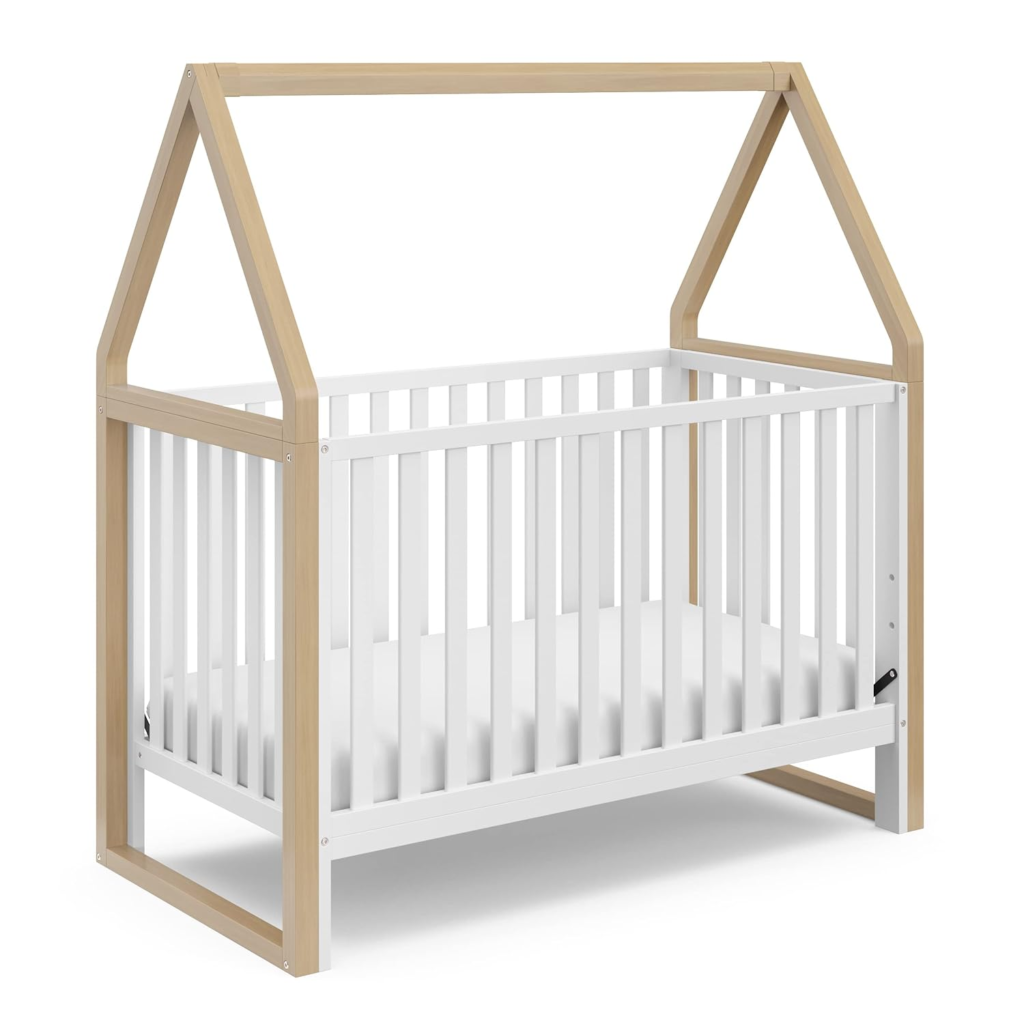
Let’s explore key factors like crib types, materials, and must-have features to help you make a confident purchase.
What Are the Different Types of Cribs?
Many parents don’t realize that cribs come in different styles. What are the best options for your baby’s needs?
Standard, convertible, and mini cribs each have pros and cons. Convertible cribs offer long-term use, while mini cribs save space. Consider your home setup before deciding.
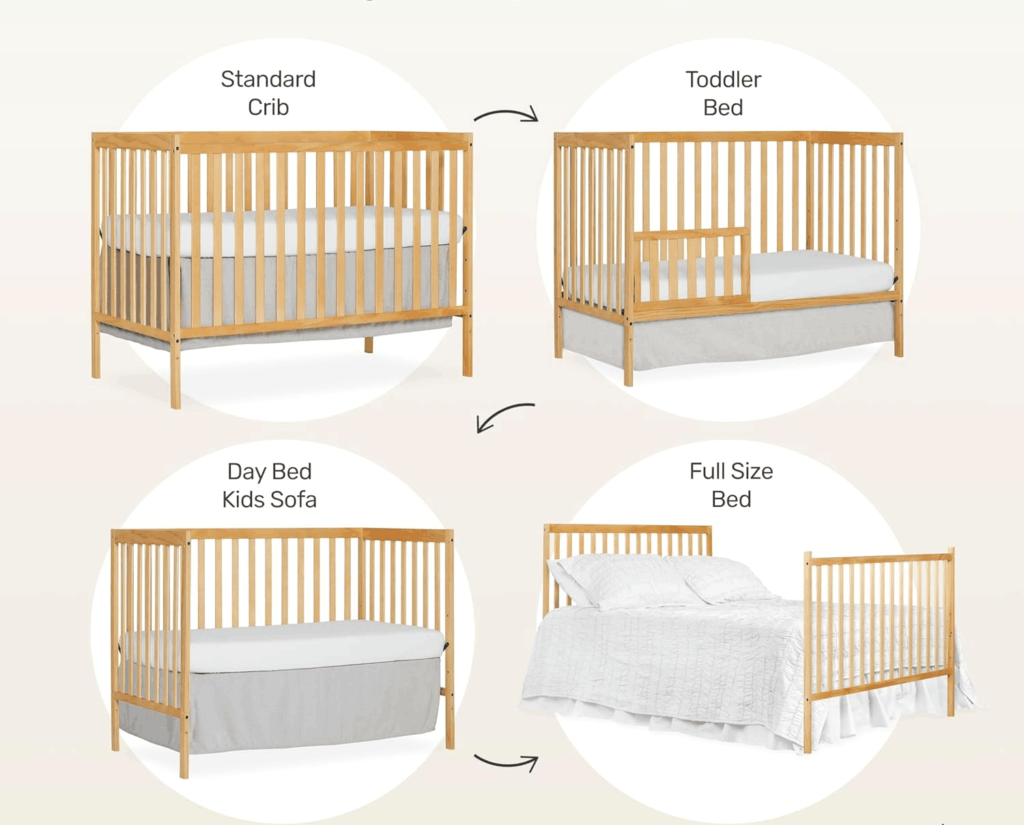
Comparing Crib Types
| Crib Type | Pros | Cons |
|---|---|---|
| Standard Crib | Sturdy and widely available | No extra functionality |
| Convertible Crib | Grows with the baby, cost-effective | More expensive upfront |
| Mini Crib | Ideal for small spaces | Limited lifespan |
| Travel Crib | Lightweight and portable | Less durable |
| Bassinet | Convenient for newborns | Not for long-term use |
Choosing the right type depends on your lifestyle. I prefer convertible cribs for their long-term value.
What Materials Are Best for Baby Cribs?
Not all cribs are made equal. Some materials are safer and more durable than others.
Solid wood is the safest and most durable material for cribs. Avoid MDF and particleboard, which may contain harmful chemicals.
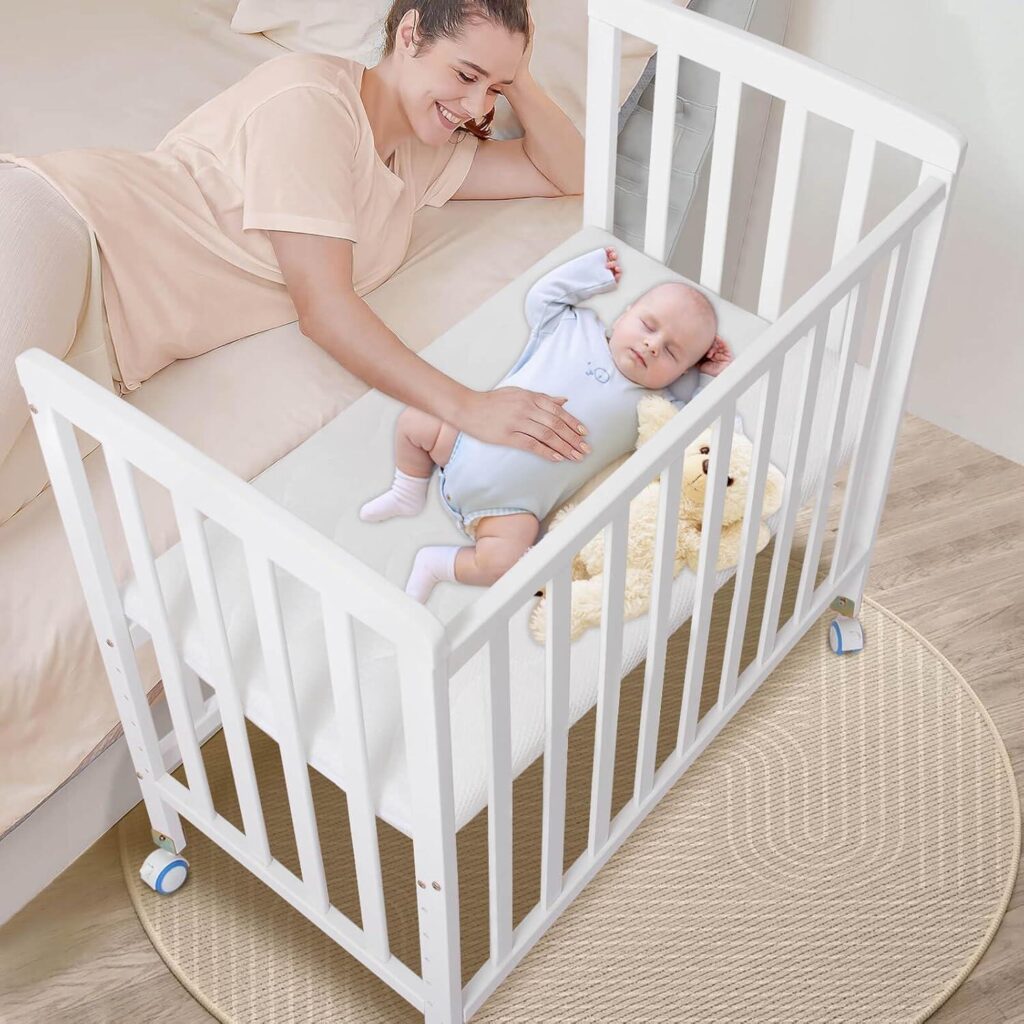
Crib Material Breakdown
| Material | Benefits | Drawbacks |
|---|---|---|
| Solid Wood | Sturdy, natural, safe | More expensive |
| Engineered Wood | Affordable | May contain toxic chemicals |
| Metal | Stylish and durable | Can be heavy |
| Plastic | Lightweight and cheap | Less durable |
I always check for non-toxic finishes. Babies chew on crib rails, so avoiding harmful chemicals is crucial.
What Features Should You Look for in a Crib?
Some cribs come with extra features, but are they worth it?
Adjustable mattress height, teething rails, and convertible options make a crib more functional and long-lasting.

Essential Crib Features
- Adjustable Mattress Height: Lowers as the baby grows for safety.
- Convertible Design: Transforms into a toddler or full-size bed.
- Teething Rails: Protects baby’s gums and crib edges.
- Wheels and Locking Mechanism: Adds mobility if needed.
- Storage Drawers: Saves space for bedding and accessories.
I always prioritize safety over extra features. A sturdy, simple crib is better than one with unnecessary add-ons.
Conclusion
Choosing the right crib means balancing safety, materials, and functionality. Convertible cribs offer longevity, while solid wood ensures durability. Always check certifications to guarantee your baby’s safety.

